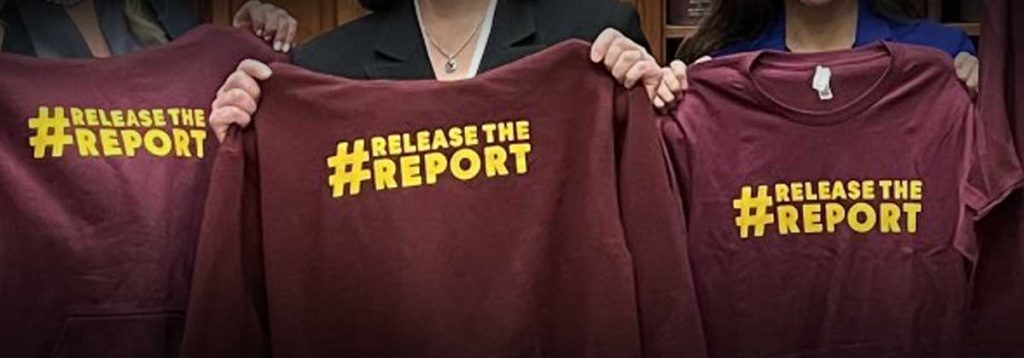Sexual harassment allegations in the newly named Washington Commanders NFL franchise have been a dynamic, evolving story that has been building since July 2020. During that summer, the Washington Post first published an account of sexual harassment within the Commanders’ organization and detailed the franchise’s failure to deal with the problem.
PII’s Role in a Class-Action Lawsuit a Decade Ago Connects to Current Changes in Military’s Handling of Sexual Assault
At the end of 2021, federal lawmakers agreed to a fundamental change in how the military addresses cases of sexual assault and other criminal matters. Commanders will no longer make decisions on whether those accused of rape, sexual assault, domestic violence, murder, and other offenses will face prosecution, instead shifting this authority to independent military prosecutors.
Baseball and the Art of Investigation
I see connections in unusual places sometimes. Baseball and workplace or campus investigations may seem very different. But as a lifelong investigator and a lifelong baseball fan, I see links between these two disparate subjects that can provide lessons and guidance for investigators.
Confidentiality: What Can Investigators Say About Sharing the Facts?
The rules on what investigators can say about confidentiality to witnesses and parties have been shifting, and we may see more changes ahead. We had our old practices, then we had Banner, and now we have Apogee. What’s next? Read on for a review of this evolving issue for private-sector employers.
Gender Identity and Investigative Interviews
Trans people frequently experience stigma, discrimination, and trauma as a result of living and moving through the world as themselves. Because of this, there may be an added layer of distrust around the investigatory process, and as trauma-informed investigators we need to mitigate potential harm as much as possible throughout the investigation.
What Investigators Can Learn from an Apple Store
Consider a customer visiting an Apple Store for a technical issue. They are usually upset or frustrated. The experience of having a device not work properly is one we all recognize as incredibly stressful. What follows is often a mini-investigation between the customer and an Apple staff person.







